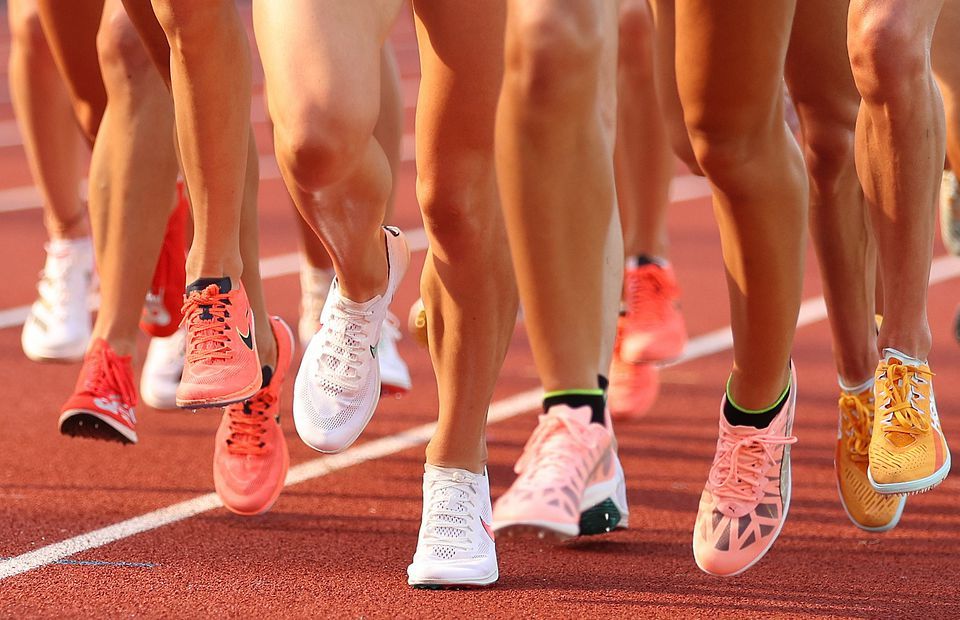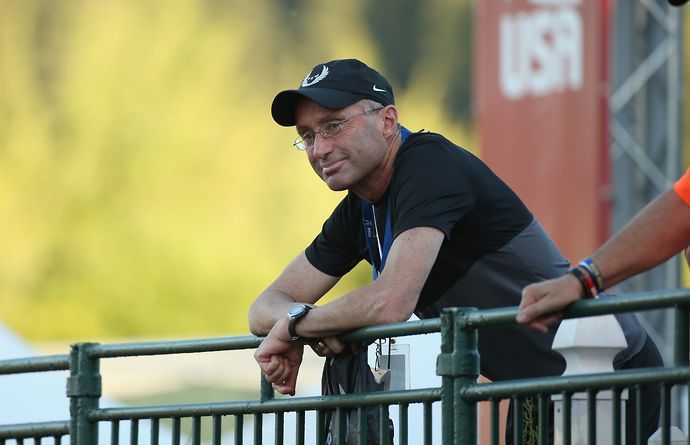The University of Oregon’s track and field programme has been accused of promoting a problematic culture and encouraging eating disorders among participants.
British distance runner Phily Bowden has spoken to Telegraph Women’s Sport about her experiences while enrolled on the programme from August 2018 to December 2019.
Bowden described how she disclosed her medical history to staff at the University of Oregon, including her recovery from anorexia just a few years earlier.
Despite this, she was immediately told she needed to lose weight by the team nutritionist, having completed a number of physical exams on arrival.
"The initial conversation of 'here are your results' was coupled with 'let’s try to get a couple of percent off that fat percentage and maybe cut a couple of pounds at the same time'," said Bowden. "That’s not what I was expecting to hear."
"Having told them about my mental health, I was told to lose weight – and, in my head, 'be less fat'. I've heard other people on the team didn’t have that conversation so, really, why did that happen?"
Bowden also told how she and her teammates would hate the termly Dexa scan, an X-ray which shows athletes’ bone density, body fat percentage and muscle mass.
The scan was always followed by a high level of scrutiny, and this, along with being asked to keep a food diary, caused Bowden to drop out of the University of Oregon two terms early.
"It was like going back in time," she said. "Before the food diary, I hadn’t made myself sick. It hadn’t been an issue.
"But it made me ask myself, am I eating too much? Is this all my fault? It sent me to a really dark place and then ultimately to purging after eating."
Six Oregon athletes in total have accused the programme of disregarding individual wellbeing, but all have remained anonymous apart from the 26-year-old Bowden.
Their allegations have been rejected by a representative from the University of Oregon, however, who told Telegraph Sport that "the health and safety of our student-athletes is our top priority".
They added that their medical professionals "provide the highest standard of care and the best possible experience for Oregon student-athletes".
Nike, who has close ties to the University of Oregon, has not responded to the Telegraph Sport’s request for comment.
The world-famous sports apparel and equipment corporation sponsors the University’s kit, and donated $13.5 million (£10.1 million) to the rebuild of its athletics stadium.
Nike is based just 90 minutes away in Beaverton, where the ill-fated Oregon Project also took place. Disgraced coach Alberto Salazar, who led the Oregon Project, has also been accused of bullying and fat-shaming.
Bowden told Telegraph Sport that she felt Nike had an obligation to speak out on the allegations made about the track and field programme at the University of Oregon.
"You can’t undo what’s happened, but with all the awareness, there should come a reduction of stigma in terms of mental health of athletes," she said. "You would think something as powerful and influential as Nike would want to lead the way on that."
Bowden, who competed for Britain at the Under-23 European Athletics Championships in 2017, has now recovered from her ordeal and is being coached by former British Olympian Helen Clitheroe.



















